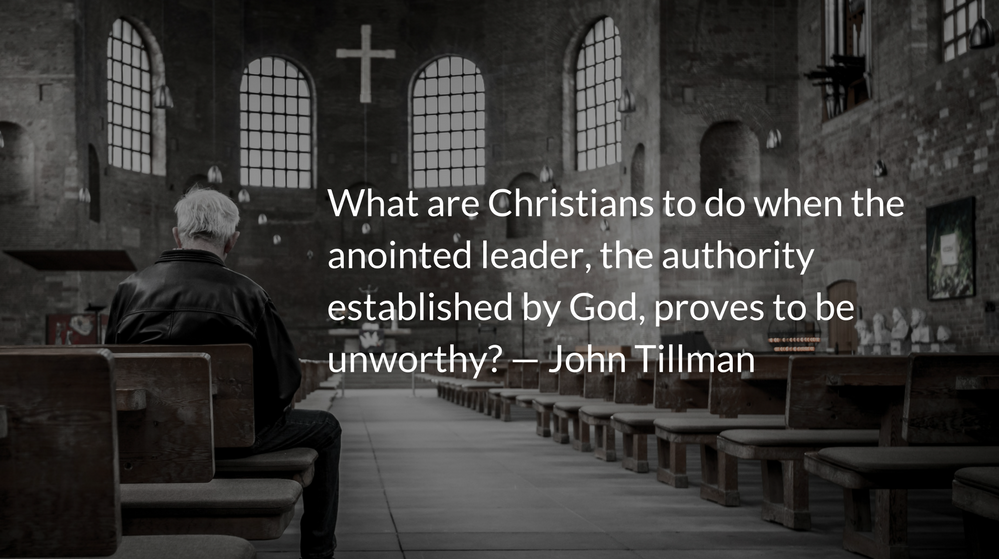Scripture: 1 Corinthians 3.21
So then, no more boasting about human leaders!
Reflection: Idolatry of Identity
By John Tillman
In the Old Testament people reverenced household gods for prosperity, wealth, and identity. Today we reverence household brands. It’s unclear which group is more deceived.
In any market there are brands that appeal to desires for exclusivity and luxury. These brands broadcast signals of success and dominance. There are also brands who go the other direction—mocking luxury and exclusivity in an appeal to simplicity and common goodness. And then there are brands that combine mocking luxury with exclusivity—hipster brands. These brands strive to make their customers feel like they are taste leaders—that they are the smartest people around for discovering, before anyone else, this carefully marketed product.
Virtue signaling through conspicuous consumption of the right brands is an established norm. We have a strong desire to be identified as people who have good taste—even if the way we define good taste is by our distastes. We define our identity by what we support and what we disdain. This is true even among churches and Christian teaching.
In the Corinthian church, individuals were identifying with the “brand” of Christianity they associated with different Christian teachers. Their selfish pride in being a follower of a particular teacher was a shocking mark of immaturity to Paul.
We aren’t that different today. We often treat churches and Christian leaders just like any other brand. We follow them. We compare them. We promote their successes or complain about their failures. We even experience a bit of schadenfreude when those we disapprove of suffer or fall.
Christian leaders show this same weakness when they rely heavily on branding to appeal to followers. When the primary language of our culture is brand marketing, what choice do churches and Christian leaders have?
Paul places the burden to refrain from forming identity around a leader and not around the Gospel firmly on church members. Paul doesn’t condemn himself, or Apollos, or Peter of wrongdoing or theological error. (Apollos was corrected in his theological errors by Priscilla and her husband, Aquila.) The burden placed on leaders is that of building the church with lasting and sustainable teaching—the Gospel.
We desire marketable idols to identify ourselves as theological tastemakers. May we make no more “household gods” of Christian teachers. We are God’s field. May we give thanks for growth to the work of the Holy Spirit while still giving proper honor and support to the workers who help God’s field to thrive and be fruitful.
The Prayer Appointed for the Week
Grant, O merciful God, that your Church, being gathered together in unity by your Holy Spirit, may show forth your power among all people, to the glory of your Name…
– From The Divine Hours: Prayers for Summertime by Phyllis Tickle.
Full prayer available online and in print.
Today’s Readings
1 Samuel 21-22 (Listen – 6:35)
1 Corinthians 3 (Listen – 3:05)











